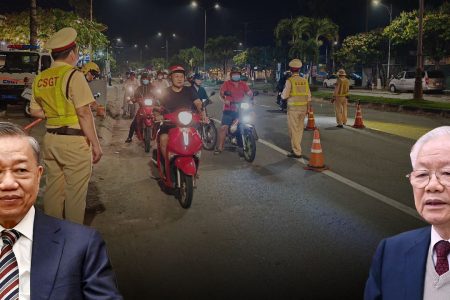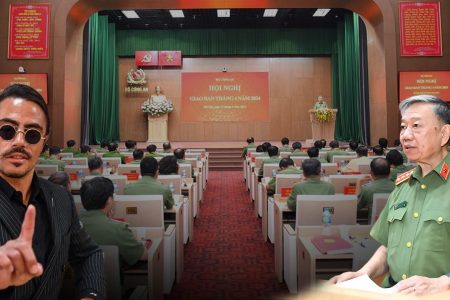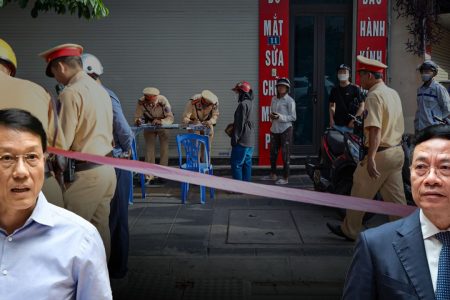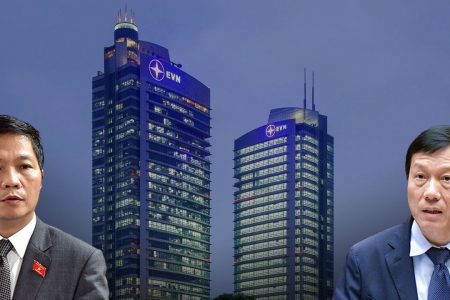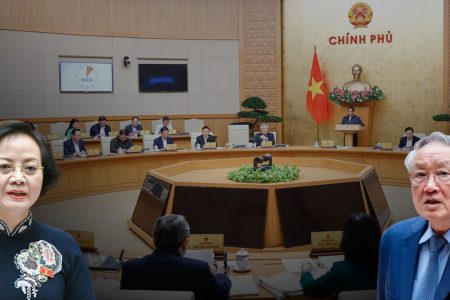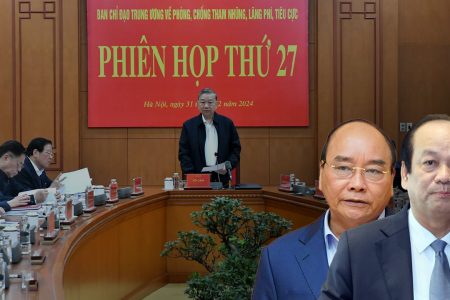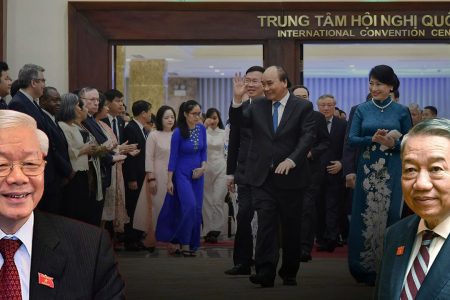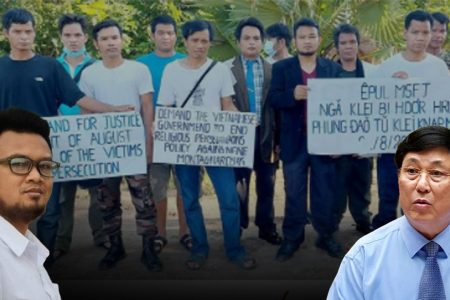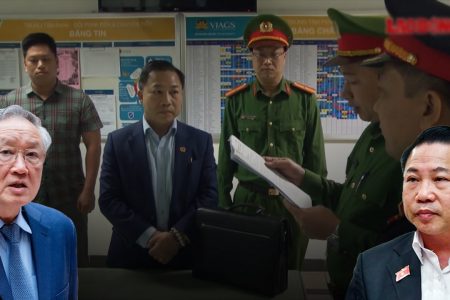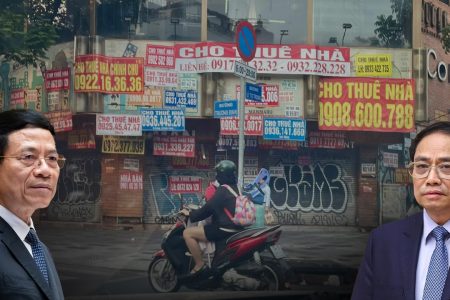
On October 6, an international news agency said “Vietnam and China are preparing for Mr. Xi Jinping’s visit to Hanoi next month.” This is not surprising information, because before US President Joe Biden’s visit to Vietnam, there were speculations about his trip to Hanoi.
According to this international news agency, Vietnamese and Chinese officials are preparing for a possible visit by President Xi Jinping to Hanoi, at the end of October or early November. But there are also opinions that this visit has not yet been announced and could still be canceled or postponed, however, the logistics have been expedited.
During a press conference on October 5 in Hanoi, when asked about Mr. Xi Jinping’s visit to Hanoi, Vietnamese Foreign Ministry spokesperson Pham Thu Hang said: “All important diplomatic activities of Vietnam will be notified to you when appropriate.” That means, the Vietnamese side is also uncertain and not very interested in this visit.
It is known that China has sent a working delegation to the capital, Hanoi, to prepare food and accommodation for Mr. Xi Jinping’s delegation. Specifically, the Chinese working group is arranging to book 800 rooms at hotels in Hanoi. That number shows the magnitude and scale of the state visit of the Beijing Leadership this time.
The news also said that Chinese Foreign Minister Wang Yi also plans to visit Hanoi in mid-October to finalize the joint statement between the two countries.
The problem is, Mr. Xi Jinping’s upcoming visit to Hanoi will coincide with the session of the 15th National Assembly of Vietnam. It is unknown whether Mr. Xi will speak at this session or not.
Previously, Mr. Xi Jinping spoke at the Vietnamese National Assembly session, during his visit to Hanoi in 2015. This will accurately and fully assess the nature of the relationship between China and Vietnam.
This visit to Vietnam by Mr. Xi Jinping takes place in the context that Vietnam has just upgraded its relations with the United States in mid-September, a relationship of equality with Beijing. This made the leaders of Beijing very unhappy. Currently, Beijing and Hanoi are having a dispute related to the East Sea (South China Sea).
In the past, there were disagreements between China and Vietnam, culminating in the Northern Border War, which took place in early 1979. Until the Chengdu Conference in 1990, in the context of the Socialist countries disintegrated in Eastern Europe, Vietnam’s leaders were forced to confront China. Since then, politically, Beijing has always proactively “imposed the rules of the game” on Vietnamese leaders.
Commenting on the upcoming visit of Chinese President Xi Jinping, a former Vietnamese press official from Hanoi, speaking to Thoibao.de on condition of anonymity, said:
“China will never give up its desire to dominate Vietnam in the East Sea, but also in all fields, which are vital issues for Vietnam. If China loses its position as a great power, then by all means, it will quarrel and cause trouble to the end. Therefore, if Vietnam is not vigilant, it is very easy to fall into the trap set by them.”
And he also added: “The problem of how to solve the China problem is a problem that the [Vietnamese] government, if it still follows the old way, is almost surrendering and selling the country, not a concession. And just like that, they will lose all the interests of the country and the people.”
Public opinion in Vietnam believes that China has always used the empty promise of “Socialism” to restrain and bind Vietnam. Just recently, when rumors spread that Vietnam and the US would upgrade relations to the highest level, the Chinese Minister of Foreign Affairs immediately met with Vietnamese Deputy Prime Minister Tran Luu Quang to warn Vietnam not to stray from socialism. Can Vietnamese leaders overcome ideological barriers?
Thoibao.de (Translated)







